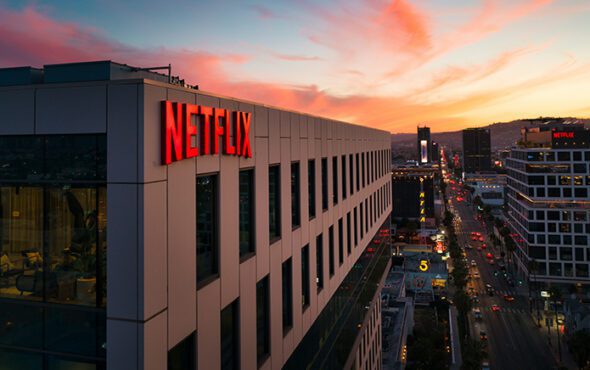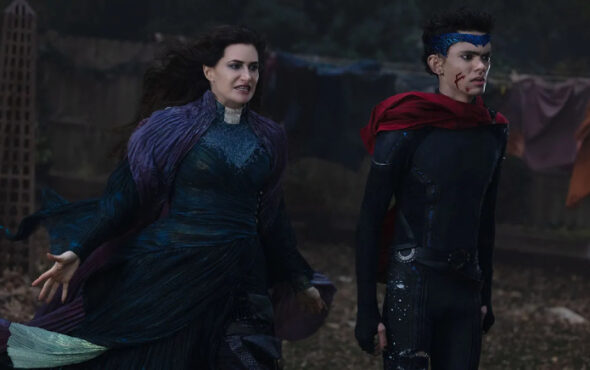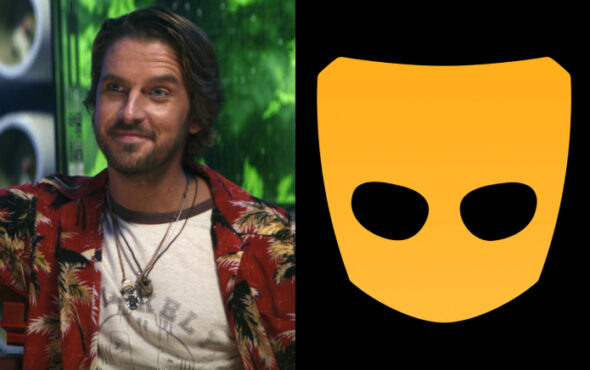
Officials for the Gulf states have threatened Netflix with legal action over its inclusion of LGBTQ+ TV shows and movies.
On 6 September, Saudi Arabia’s media regulator and the Gulf Cooperation Council (GCC) – which consists of Saudi Arabia, United Arab Emirates, Bahrain, Kuwait, Oman, and Qatar – released a joint statement asking Netflix to remove its LGBTQ+ content.
In the document, the two parties revealed that their decision stemmed from a “recent observation that the platform was broadcasting visual material and content which violates content controls in GCC countries.”
“(The content) violates the Islamic and societal values and principles. As such, the platform was contacted to remove this content, including content directed at children, and to ensure adherence to the laws,” the statement said (per Arab News).
The committee also revealed that they would “follow up on the platform’s compliance with the directives” before stating that “legal measures” would be taken if they didn’t comply.
While the GCC’s statement refrained from naming specific Netflix projects, Saudi Arabia’s Al Ekhbariya news broadcast used Jurassic Park: Camp Cretaceous as an example – which featured a same-sex kiss in its series finale.
In an interview on the news program, a lawyer described the streamer’s queer-inclusive content as “very unfortunate and painful clips for our children, grandchildren and the next generation”.
As of writing, Netflix has yet to respond to the anti-LGBTQ+ request.
This isn’t the first time the Gulf states have butted heads with movie distributors and streaming platforms regarding LGBTQ+ inclusive media.
Back in June, Reuters reported that 14 territories – including Saudi Arabia and United Arab Emirates – banned Pixar’s Lightyear after Disney refused to remove the film’s brief same-sex kiss.
“We’re not going to cut out anything, especially something as important as the loving and inspirational relationship that shows Buzz what he’s missing by the choices that he’s making, so that’s not getting cut,” said Lightyear producer Galyn Susman in a statement.
Doctor Strange in the Multiverse of Madness, Eternals, Onward and West Side Story have also been banned in the Gulf countries due to their LGBTQ+ characters and content.
Homosexuality is still criminalised in many Middle Eastern regions, and is even punishable by death in Saudi Arabia and Qatar.



